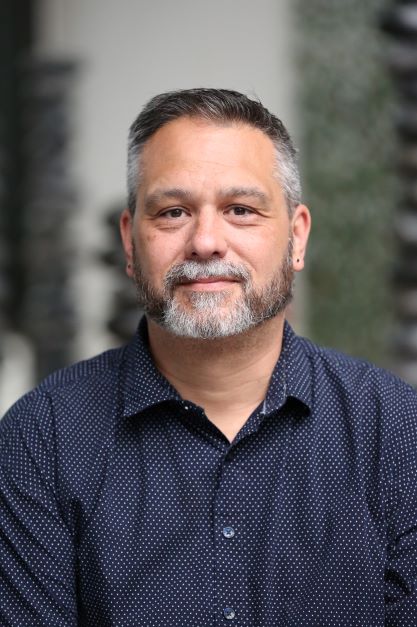Malloy, Kerri J.

Assistant Professor of Native American and Indigenous Studies
Program Coordinator, Native American and Indigenous Studies
Managing Editor, csuglobal
Preferred: kerri.malloy@sjsu.edu
Telephone
Preferred: 408-924-5861
Office Hours
Tuesdays and Thursdays 1:30 pm- 12:30 pm
Education
- Ph.D., Holocaust and Genocide Studies, Gratz College, 2021.
- M.Jur., Indian Law, The University of Tulsa College of Law, 2016.
- B.A., Native American Studies, Humboldt State University, 2014.
- B.A., Economics, Humboldt State University, 2014.
Bio
Kerri J. Malloy (Yurok/Karuk) is an assistant professor of Native American and Indigenous Studies at San José State University and program coordinator for Native American and Indigenous Studies. A scholar of genocide, transitional justice, and Indigenous rights, his work examines anti-Indigenous violence, particularly in California, and the pathways for redress through legal and political reform. He previously taught at California State Polytechnic University, Humboldt, and has more than fifteen years of experience working with federally recognized tribes, including service as board chair of the Yurok Indian Housing Authority.
Malloy’s publications appear in Journal of History, International Journal of Qualitative Studies in Education, Science Education and Civic Engagement, Wičazo Ša Review, and csuglobaljournal, and he co-edited the special issue “California Genocide and Healing” of the Humboldt Journal of Social Relations. His current book projects, both under contract, include The New Tribal Diplomacy (with A. R. Holmes) and the co-edited volume Victims, Survivors, and the Implications of Terminology (with C. Ramos). He received the 2025 Leadership in Education Award from California State Assemblymember Ash Kalra and and has held fellowships with Binghamton University’s Institute for Genocide and Mass Atrocity Prevention, The Op-Ed Project, and the Auschwitz Institute’s Raphael Lemkin Seminar. He holds a Ph.D. in Holocaust and Genocide Studies (Gratz College) and a Master of Jurisprudence in Indian Law (University of Tulsa).
Links
- SJSU Department of Sociology and Interdisciplinary Social Science
- College of Social Science
- Kerri Malloy’s ORCID ID